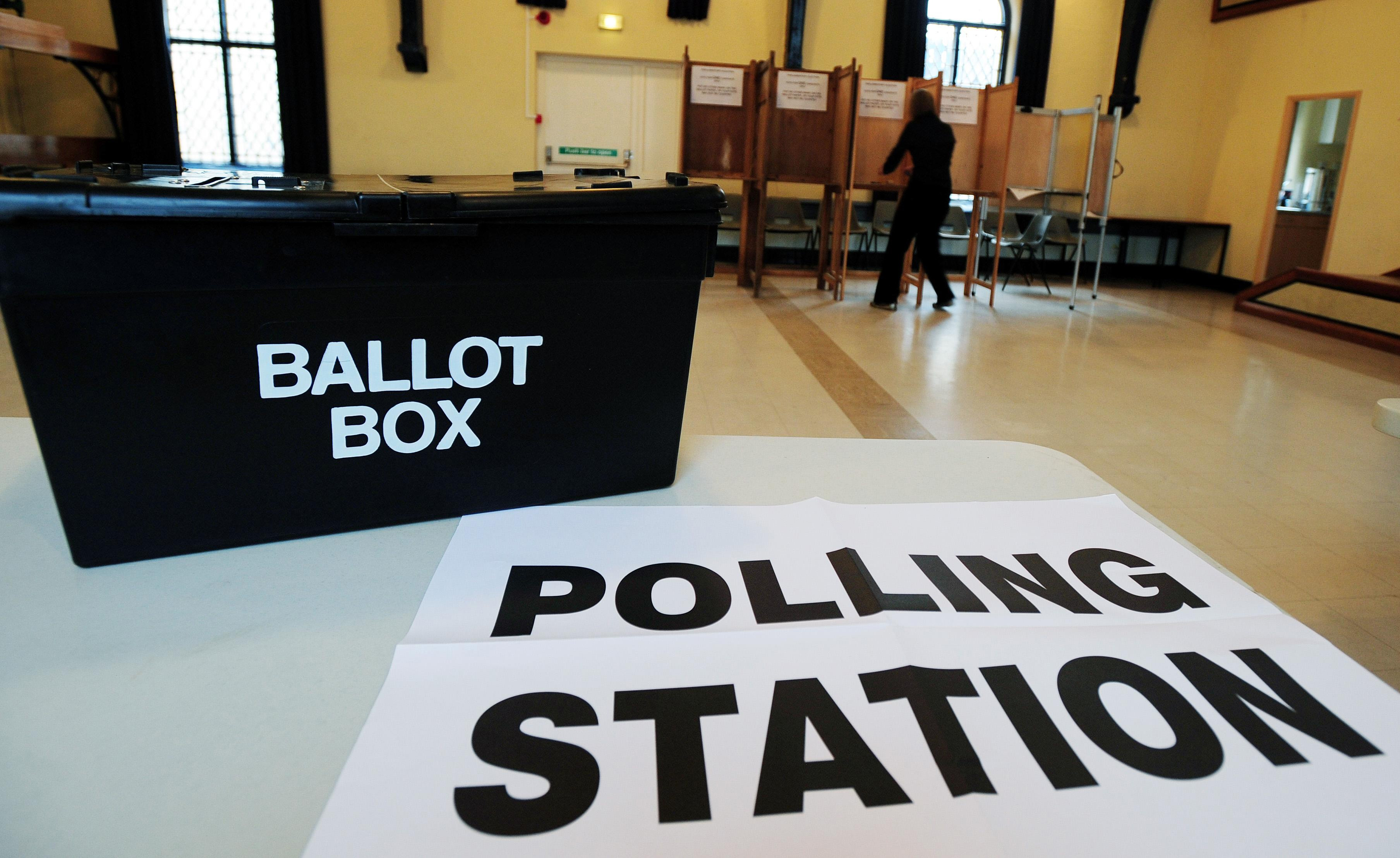Risk consultant wary of disputed Nigeria election outcome

LAGOS – Deepening political divisions between Nigeria’s regions over the presidential poll and the absence of a clear front-runner increase the risk of a contested outcome and a turbulent aftermath. This is according to a global business risk consultancy, which added the heightened political turbulence following the postponement of the presidential poll to the end of the month threatened to dent investor confidence.
“The postponement of Nigeria’s elections has unnerved some investors and made others delay their final investment decisions. The economic impact of that has been shown by the drop in the naira.
“The genuinely competitive elections are a critical juncture on Nigeria’s path towards becoming a mature democracy, but closely contested polls are uncharted territory for the country’s political system,” said Control Risks’ Managing Director West Africa, Tom Griffin.
Griffin said nonetheless, Nigeria had an impressive capacity for weathering impending crises and believed that the upcoming elections will be no different.
“Regardless of the outcome of the polls, the incoming administration will have to contend with multiple challenges: resurrecting the oil sector reform agenda, managing a likely cash-flow crisis in government, dealing with the threat from Islamist militant group Boko Haram and maintaining stability in the restive Niger Delta.”
Griffin projected West Africa would remain a piracy hotspot in 2015, led by Nigeria, where maritime operators are bracing for the fallout from the contested general elections.
Much will also depend on how the future administration manages the Niger Delta’s former rebels, he said.
“The terrorist threat will continue to evolve tactically and geographically given the adaptability of Islamist militant groups operating in West Africa. Islamist militant group Boko Haram will grab further headlines in 2015, but faces limitations outside its north-eastern heartland and has come under pressure from the Nigerian government and regional military offensive.
“This however increases the risk that the group will lash out outside its northeastern heartland.
“Meanwhile, transnational terrorists operating across the Sahel-Sahara will continue to exploit the region’s ungoverned spaces but will struggle to make inroads further south and will remain a limited direct threat in Nigeria,” added Griffin. – CAJ News







Comments